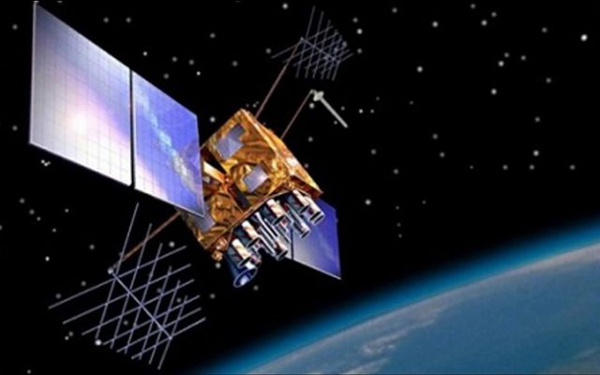WASHINGTON: India’s second moon mission Chandrayaan 2, scheduled for launch in April, would be carrying a NASA science probe, the media reported.
Chandrayaan 2 will carry NASA-owned laser retroreflector arrays that allow scientists to make precise measurements of the distance to the Moon, the US space agency officials said, during the Lunar and Planetary Science Conference held in Texas, the space.com reported.
Besides Chandrayaan 2, the science instruments will also be flying to the Moon aboard the Israeli lander Beresheet, due to touch down April 11.
“We’re trying to populate the entire surface with as many laser reflector arrays as we can possibly get there,” Lori Glaze, Acting Director of the Planetary Science Division of NASA’s Science Mission Directorate was quoted as saying.
Glaze did not provide a timeline for the partnership’s creation.
“We were asked rather quickly if there was anything we wanted to contribute to that lander, and we were successful in roughly a two-week time period to come up with an agreement on it,” said Steve Clarke, the deputy associate administrator for exploration within the Science Mission Directorate.
Retroreflectors are essentially sophisticated mirrors. Scientists on Earth can shoot them with lasers and study the light that is reflected back. That signal can help pinpoint precisely where the lander is, which scientists can use to calculate its — and the Moon’s — distance from Earth.
The 3,890-kg Chandrayaan-2 spacecraft, to be launched onboard the Geosynchronous Satellite Launch Vehicle (GSLV) Mk-3, will orbit around the Moon to study its conditions and collect data of its topography, mineralogy and exosphere.
The Rs 800-crore Chandrayaan-2 mission comes a decade after the maiden mission Chandrayaan-1 was launched on October 22, 2008 from India’s only spaceport at Sriharikota in Andhra Pradesh.
The lander has been named “Vikram” as a tribute to the pioneer of India’s space programme and former ISRO chairman (1963-71) Vikram Sarabhai.
When Chandrayaan-2’s rover lands on the Moon, India will become the fifth country in the world to achieve the feat after Soviet Union in 1959, the US in 1969, China in December 2013, and Israel in 2019.
Source: ET
Image Courtesy: TechGenYZ
You may also like
-
New Heat-Based Approach To Cancer Treatment Can Reduce Chemotherapy Doses
-
Scientists Take A Major Step Towards Unification Of Classical & Quantum Gravity
-
India Graphene Engineering and Innovation Centre (IGEIC) Under the Vision of Viksit Bharat@2047 Launched
-
New High-Performance Gas Sensor can Monitor Low Level Nitrogen Oxides Pollution
-
Antidepressant Drug can be Repurposed for Treating Breast Cancer
